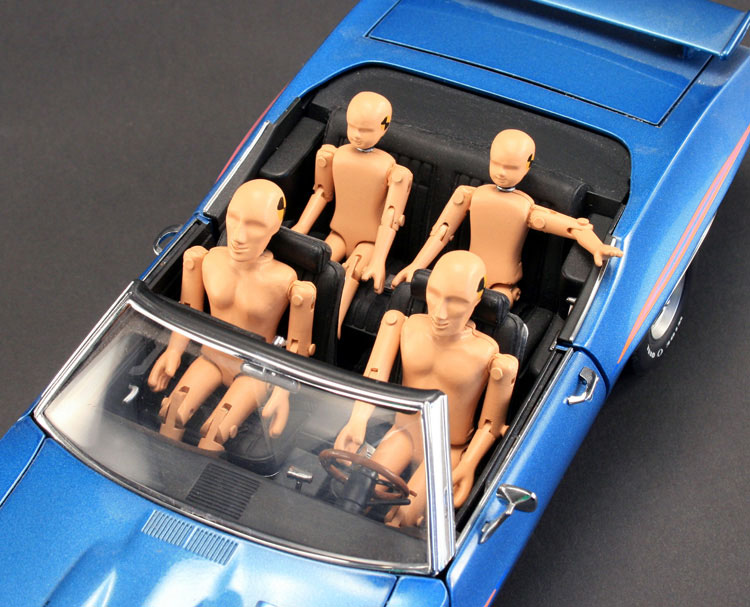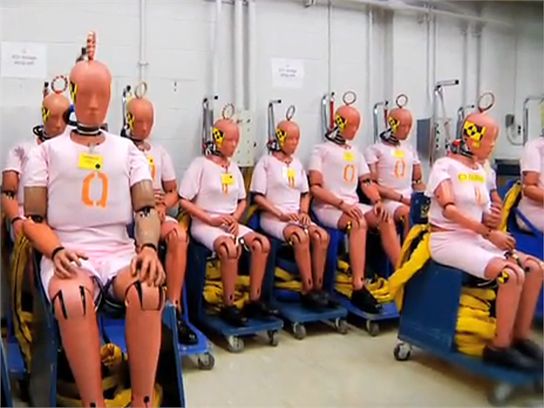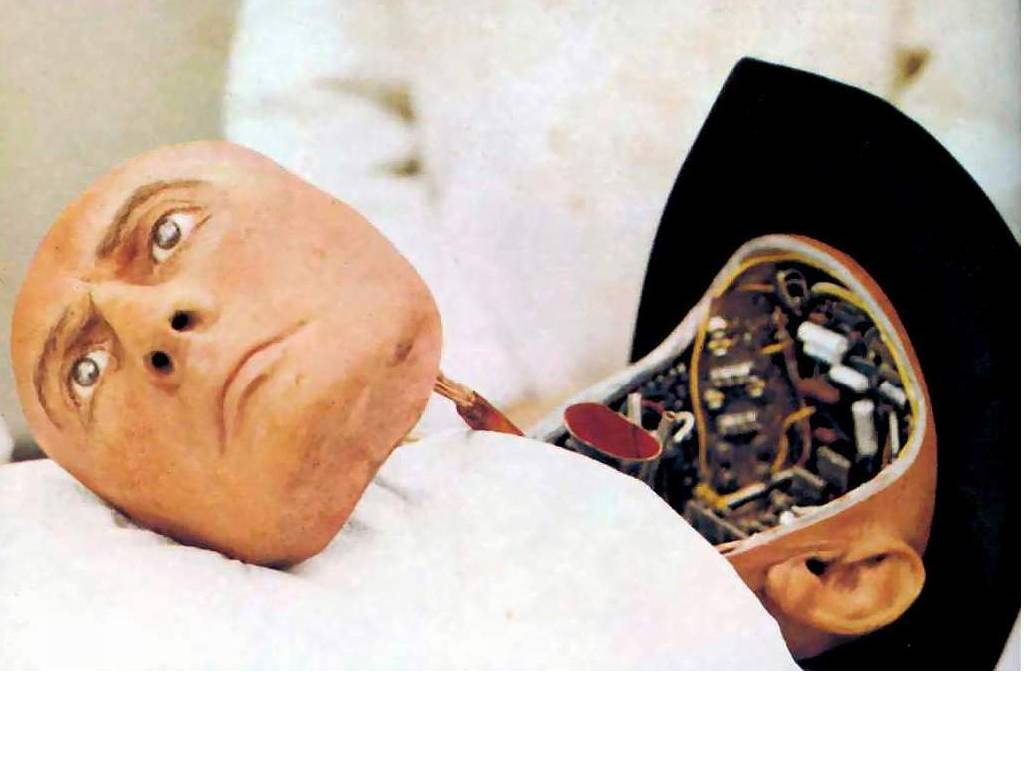
As we are tossed about in this shipwreck of a world, some people get free furniture and some bubonic plague. Coney Island residents were fortunate enough to be in the former camp in 1897 in the wake of the sinking of the Alvena. An excerpt about their bounty from an article in the Brooklyn Daily Eagle on January 27th of that year:
“The sinking of the Alvena last Thursday has proved a bonanza to the sand fleas and beach combers of Coney Island as well as to many other of its residents. Jack McPhee, one of the island’s most indefatigable beach combers, who for years has made his living from what is cast up by the sea, was the first to discover the treasures of the beach. He was out early yesterday morning, as he usually is after a heavy wind storm and discovered to his amazement and delight the beach strewn with barrels, casks, boxes, cases, bedding and sorts of ship supplies and furniture.
Further investigation showed that the cases, too, were full of brandy, champagne, and Burgundy. Then there were casks of claret and other choice imported wines, cases of imported Dutch herrings, crates of clothing, cases of fine preserves and confections, packages of canned goods of all sorts, fine inlaid wooden furniture and other articles which went to make up the cargo of the ocean liner.
McPhee did not stand long in contemplation of the treasures, but true to his Coney Island training, started to make hay while the sun shone. He gave his first attention as a matter of a course, to the wine, and had made two trips to his domicile before he finally made up his mind that there was enough for everyone, and as the early islanders were getting out of bed, he told everyone he met of his discovery. The news spread like wildfire, and in a short time the beach was lined with people–some even came with wagons to cart the stuff.
It soon became generally known that under the law, whatever was found must be turned in to the nearest police station within forty-eight hours or the finder would be guilty of a misdemeanor. That put somewhat of a damper upon the spirits of the searchers, but at the same time redoubled their energies in getting away with their find, before the police became aware of it. Some, in their greed, dragged cases and bundles up on the beach and buried them, marking the places in their memory. The high winds soon obliterated all traces of the caches and the goods will remain there intact, until suspicion shall have been lulled to sleep by time, when they will probably be dug up.
When finally the police heard of the find, Captain Knipe and a squad of men visited the beach, but almost everything was gone.”




































